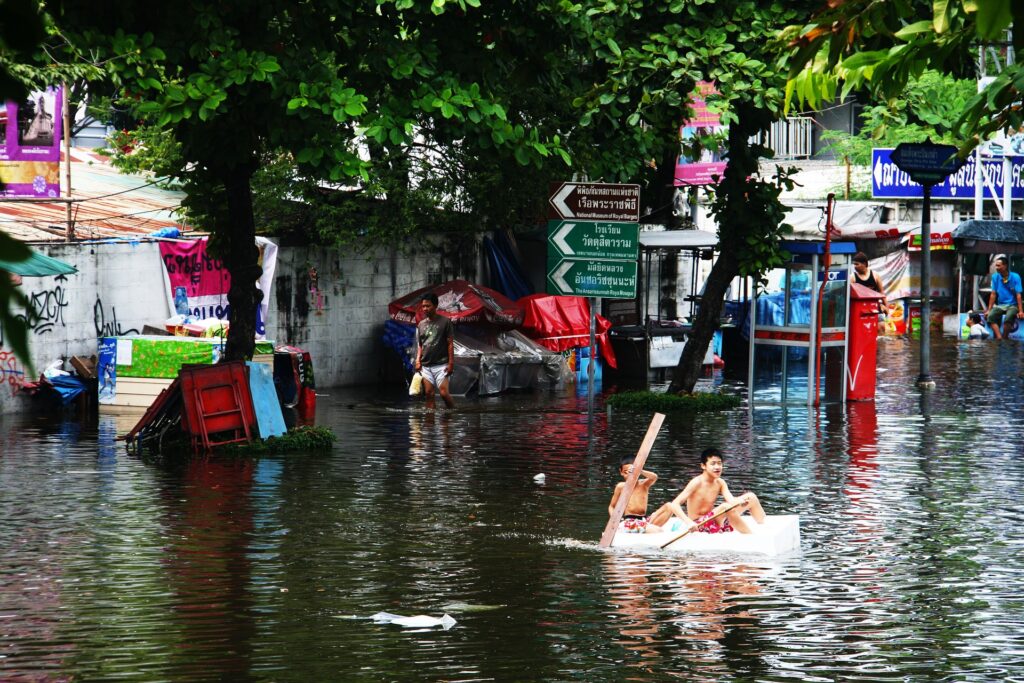The UN Economic and Social Commission for Asia and the Pacific (ESCAP) has warned that the Asia-Pacific region needs to step up efforts to prepare for and tackle overlapping crises in order to increase its resilience to climate change.
Armida Salsiah Alisjahbana, UN under-secretary-general and executive secretary of ESCAP, said, “Notwithstanding the progress made by many countries in devising more robust systems of early warning and responsive protection – with far fewer people dying as a result of natural disasters – the Covid-19 pandemic has demonstrated that almost without exception, countries around the world are still ill-prepared to deal with multiple overlapping crises, which often cascade.
“Tropical cyclones, for example, can lead to floods, which lead to disease, which exacerbates poverty,” she told the ESCAP committee on disaster risk reduction.
The Asia-Pacific Disaster Report 2021, which was launched during ESCAP’s Disaster Resilience Week, shows that the pandemic, combined with the persistent reality of climate change, has reshaped and expanded the disaster ‘risk-scape’ in Asia and the Pacific.
The triple threat of disease, disaster and climate change is causing not only considerable human hardship but also significant economic losses. Currently, the annual average disaster-related losses are US$780bn. This could nearly double, to around US$1.4tn, in a worst-case climate scenario. Choosing a proactive strategy of adapting to natural and other biological hazards would be far more cost-effective at an annual cost of US$270bn, said the report.
Petteri Taalas, secretary-general at the WMO, commented, “If we fail with the climate change mitigation, the impact is going to be felt for centuries or even millennia, so the scale of the problem we are talking about when it comes to climate change is much bigger.
“Heatwaves, drought, forest fires, flooding, landslides and tropical storms are becoming more intense as a result. Last year was the warmest year on record in Asia and we have also seen record-breaking flooding, especially in East Asia,” he said.
The ESCAP Committee on Disaster Risk Reduction is charged with addressing the following issues: (a) Emergence of cascading risks and extension of the disaster risk-scape; (b) Scaling-up multisectoral cooperation frameworks to manage cascading risks; (c) Status of regional cooperation efforts.
WMO and ESCAP have a Memorandum of Understanding to work together to build resilience to climate and disaster risks and the promotion of impact-based early warning services and systems. The two organizations have a long history of cooperation by jointly establishing the Typhoon Committee.
Taalas stressed the importance of building capacity in Least Developed Countries and Small Island Developing States to adapt to climate change and build resilience through investments in early warning services.
However, major gaps in observing systems in many parts of the world, including islands and least developed countries in the Asia-Pacific region, have a negative impact on the quality of early warning services. WMO’s new initiative, the Systematic Observations Financing Facility (SOFF), seeks to close these gaps and leverage sustainable financing.



